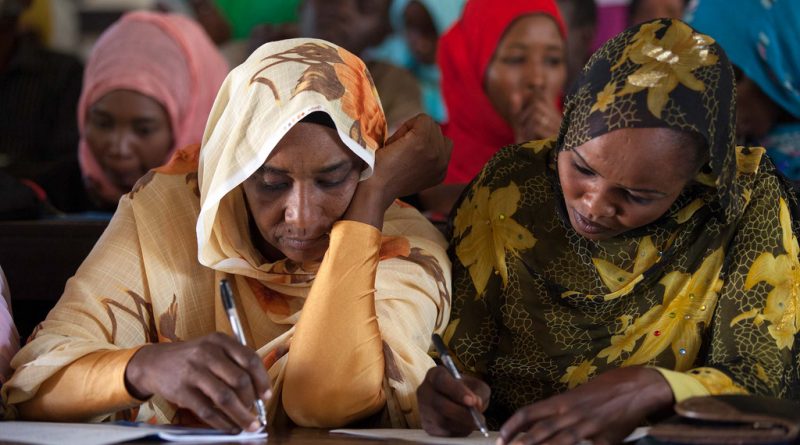Education is the most prominent area of philanthropic focus in all regions across the world, a new report conducted by researchers at Harvard Kennedy School’s Hauser Institute for Civil Society, has shown.
The Global Philanthropy Report, released on Thursday, revealed that 35 per cent of 28,988 foundations researched across the world focused, at least some of their resources, on one or more levels of education – primary, secondary, or early childhood.

The report, funded by UBS Global Management, is the most comprehensive analysis to date of global philanthropic practices and trends.
Some of its key findings are that the global philanthropy sector is young and growing fast, 72 per cent of foundations established in the past 25 years, and 60 per cent of the over 260,000 identified by the report are based in Europe and 35 per cent in North America.
While the combined assets of the world’s foundations are estimated at close to $1.5 trillion, the report continued, half have no paid staff and small budgets of under $1 million.
“Resources are highly concentrated in certain sectors, with education the most popular area for investment globally,” the report stated.
“In Nigeria, Sustainable Development Goal 5: Achieve Gender equality and empower all women and girls, is a priority programme for almost all foundations in the country.”
The report also revealed that 58 per cent of the 260,000 foundations identified in the report do not collaborate with other foundations.
The situation, however, is different in Nigeria were almost all the foundations (80 per cent) indicate that they engage in some form of peer collaboration with other philanthropic institutions.
Developed over three years with inputs from 20 research teams across 19 countries and Hong Kong, the report marks an important milestone in understanding the magnitude of global philanthropic investment and helping to create an evidence-based discussion on global philanthropy.
In recent years, philanthropy has witnessed a promising shift. Wealthy individuals, families, and corporations are looking to give more, to give more strategically, and to increase the impact of their social investments. A rapidly growing number of philanthropists are establishing foundations and institutions to focus, practise, and amplify these investments.
As the world is falling well short of raising the $5-7 trillion of annual investment needed to achieve the UN’s Sustainable Development Goals, US says it sees the report findings as a call for philanthropists to work together to scale their impact.
Josef Stadler, Head Ultra High Net Worth Wealth at UBS, said the preeminent philanthropists they work with daily are the risk takers and the innovators who are challenging the status quo of traditional development aid.
“We’ve spent over a decade partnering with our clients to help them create sustainable impact through their philanthropy.
“This report takes a much-needed step towards understanding global philanthropy so that, collectively, we might shape a more strategic and collaborative future, with philanthropists leading the way towards solving the great challenges of our time.”
Paula D. Johnson, Senior Research Fellow at Harvard Kennedy School, described the report as a milestone in the understanding of philanthropy around the world.
“Thanks to the collaboration of an extraordinary group of global researchers, we are beginning to appreciate the magnitude and vitality of the global foundation sector.”

